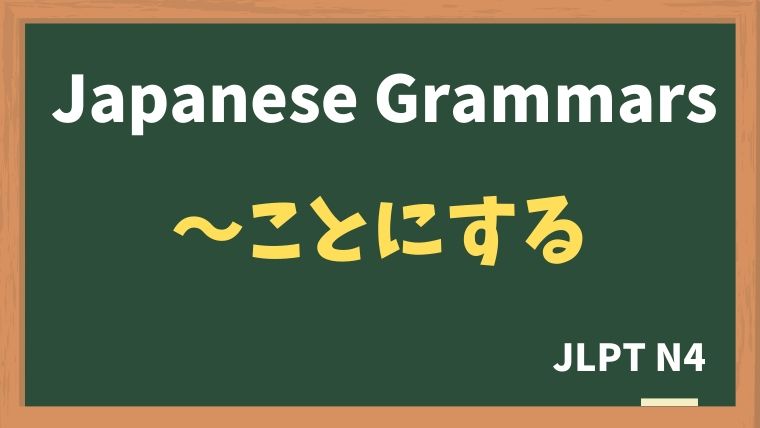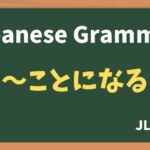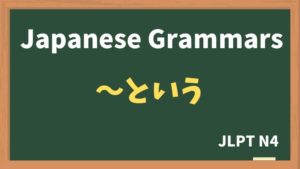
Explanation:〜ことにする
fa-check-circleMeaning
"decide to do"
Used to indicate that a decision has been made by the speaker, typically regarding a future action. It can convey the idea of deciding to do something or choosing to act in a certain way. The decision could be a personal one, or it could reflect a broader consensus within a group.
fa-check-circleForm
V(dictionary form / nai form)+ ことにする
fa-check-circlePoints
- Decision-Making: "〜ことにする" indicates a decision to perform or not perform an action.
- Intentional Choice: It reflects the speaker's deliberate intention to take or avoid certain actions.
- Subjective: This expression focuses on personal or subjective decision-making, rather than external factors.
fa-check-circleJLPT Level
N4
Sample sentenes
来年 日本に 留学することにしました。
I have decided to study abroad in Japan next year.
来週から お酒を 飲まないことにします。
I will stop drinking alcohol from next week.
ちょっと頭が いたいので 今日は 早く 寝ることにします。
I will sleep early tonight because I have a little headache.
けんこうの ために 毎朝 ジョギングすることにします。
I have decided to jog everyday for my health.
Vocabulary
| Japanese | English |
| りゅうがく | study abroad |
| あたまがいたい | to have a headache |
| けんこう | health |
Comparison: "〜ことにする" vs. "〜ことになる"
"〜ことにする" emphasizes personal decision-making.
りょこうに いくことにした。
I decided to go on a trip.
"〜ことになる" focuses on decisions made by external circumstances or a collective decision that is not entirely the speaker's own.
かいぎが えんきされることになった。
The meeting has been decided to be postponed.
— Here, the decision might be out of the speaker's control or a group decision.







